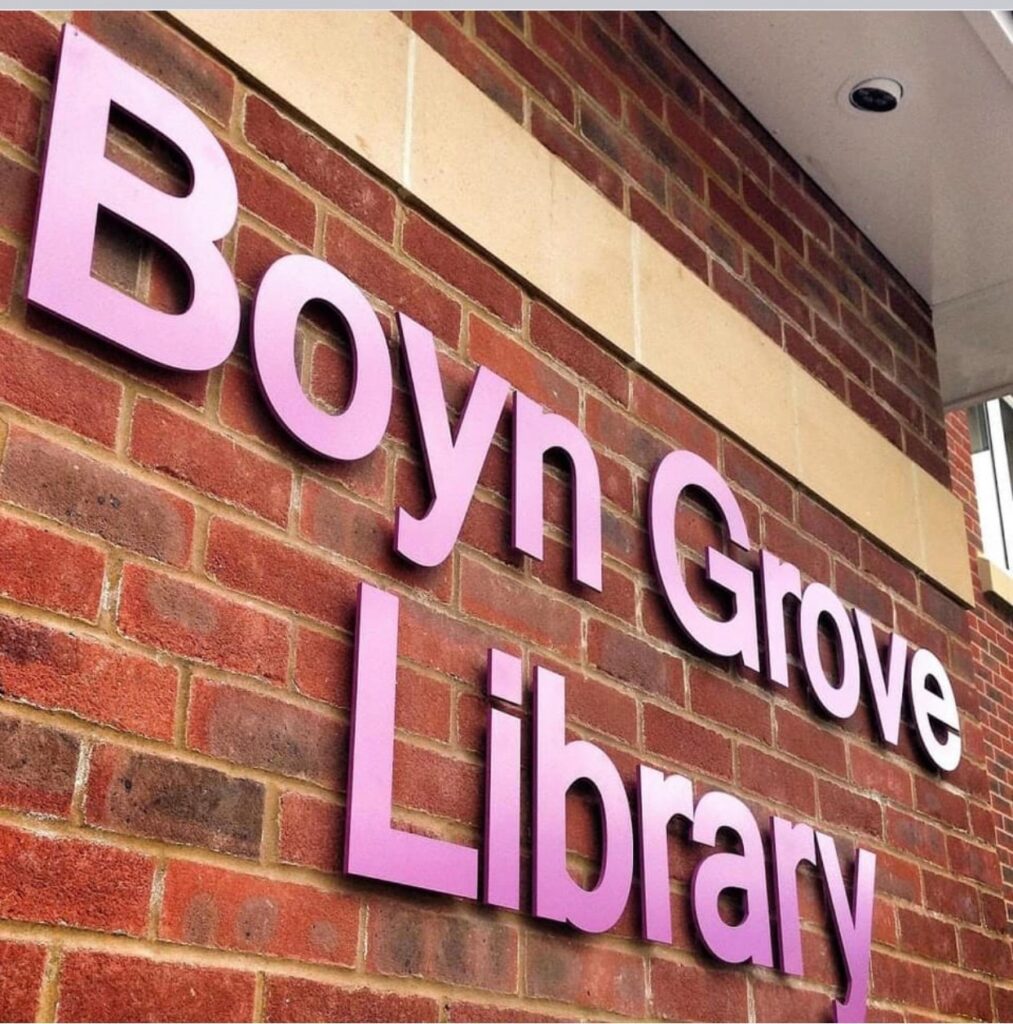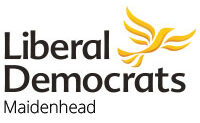We may not know exactly what our towns and communities are going to look like post pandemic, but for certain, they will be different. Less emphasis on retail, more emphasis on places where people can meet, connect, eat, drink, learn and share ideas. Places where people can overcome loneliness — something that’s particularly acute right now.
I’ve said this before but it’s worth repeating. “Our parks, cafés, libraries, arts centres and sports clubs offer residents a vital lifeline, and will help improve mental and physical wellbeing as we recover from a crisis which, to some, must feel apocalyptic in nature.”
And I see our libraries as being central to that recovery.
Boyn Grove library is less than seven years old. It was advertised as being ‘dementia friendly’, and having a sensory room for people with disabilities. It sounded fabulous then and indeed it is fabulous. But here it is, facing closure.
I refer to clause 9.13, page 13 of the new Libraries consultation, which says: “Whilst many residents use the library service extensively, few have knowledge of the wide range of services available. This must be improved.”
And then on page 1 of the transformation savings proposals, we see that usage of Datchet Library dropped when car-parking charges were introduced, and that the library is not well used by people in the ‘vulnerable’ demographic.
These pieces of information look pretty poor when taken in isolation but taken together, they add up to a damning indictment of the attitude of this and previous Conservative administrations to the borough’s libraries and its most vulnerable residents. Build new libraries, pat yourselves on the back, and close them down when — and where — they’re most needed.
Families and early education providers can help a child set out on a reading journey, but for some people, only a library can sustain it. The late great Sir Terry Pratchett spoke of how he used to walk home from his library laden with books. He wanted to devour the whole library and claimed it taught him more than school ever did.
Mary O’Hara, journalist and author says, “Having a library within walking distance of home was a way for a young girl from a poor background to access the same breadth of reading material as anyone else – at no expense. It stripped away at least some of the disadvantage that came with being from a low-income family.”
I recently heard a lead member describe the borough’s finances as having been cut to the bone. I couldn’t agree more.
Our finances are a Christmas turkey that has been plucked, roasted, carved, and boiled for soup. Now, just as it’s fit for the food bin, we are told that it can be ‘transformed’ into a swan. I don’t buy it, and residents don’t buy it either.
This budget is a disaster for residents, a disaster for our communities, and it’s very difficult to see how I can support it.
Postscript: She voted against.

